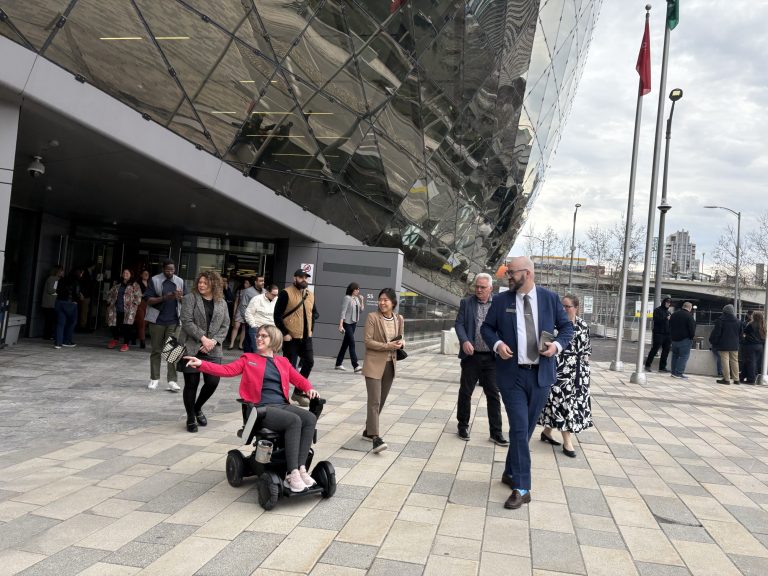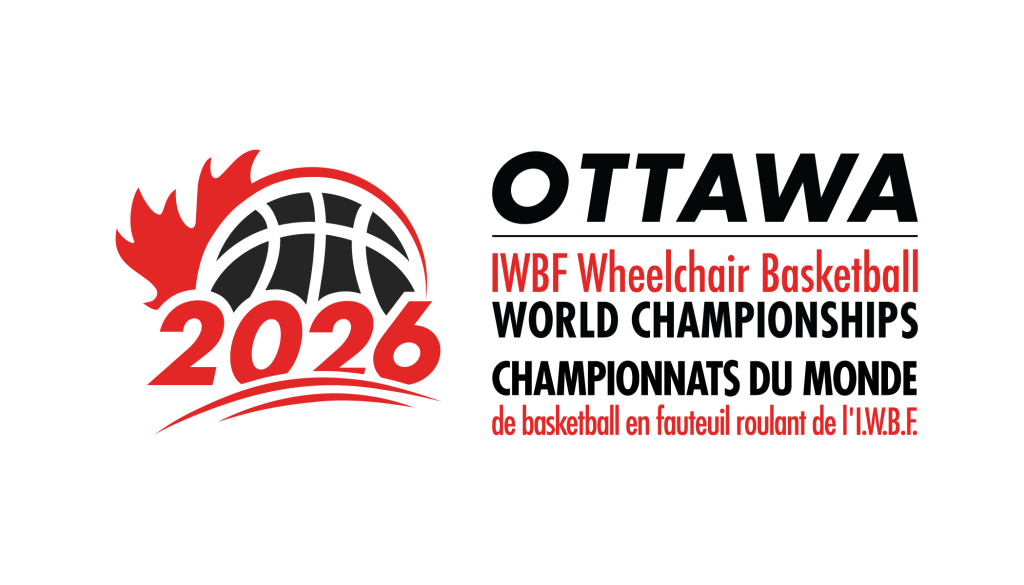Building a more accessible Ottawa: A Q&A with Mary Sayewich
In preparation for the upcoming Ottawa 2026 IWBF World Wheelchair Basketball Championships, our partners at Ottawa Tourism are working to build capacity to make the city a more accessible destination. Their Capacity Building Program: Addressing Accessibility reflects the tourism community’s shared commitment to welcoming travelers of all abilities, particularly around key events like Ottawa 2026. In recognition of National AccessAbility Week, we caught up with Mary Sayewich, Director of Strategy and Project Management at Ottawa Tourism, to learn more about this important initiative— and the lasting impact it hopes to create.

Q: What makes Ottawa 2026 a good event to focus this cohort around?
Mary: Ottawa has been fortunate to host a handful of adaptive sport competitions over the past few years. In building relationships through these events, we’ve learned a lot about the barriers that exist in our destination and the opportunity we have to invest in building a destination that is better prepared to welcome athletes and visitors of all abilities. With the 2026 Wheelchair Basketball World Championships on the horizon, we decided to bring together a cohort of 25 businesses to focus our attention on getting ready for the attendees set to visit our destination in 2026, giving us a timebound, common goal to work towards!
Q: What are some areas the cohort is focusing on?
Mary: We are working with experts to help businesses identify barriers to wheelchair accessibility and create meaningful action plans. We are also working to access and update public-facing accessibility information to provide visitors with clear, up-to-date information on accessibility features, empowering them to make informed travel decisions within Ottawa. We know it is not possible for every business to retrofit their physical space, so we are focusing on gathering transparent and readily available information for visitors to access when planning their trip.
Q: What is one of the key lesson that the cohort is learning?
Mary: There are lots of meaningful steps that every business can take to offer a more accessible experience— even if they are unable to invest in major infrastructure projects. Every step counts. We are taking a peer-learning approach to identifying short- and medium-term projects that can help enhance accessibility while building larger retrofits into long term plans.
Q: How do events like Ottawa 2026 help create motivation within the tourism community?
Mary: We always strive to put our best foot forward when hosting events in Ottawa and the 2026 Wheelchair Basketball World Championships has provided an opportunity for Ottawa to take a deep dive into the customer experience of visitors using a wheelchair. As a result, we are focusing the efforts of this cohort to better serve these visitors. This event is an occasion for us to focus our efforts and learn lessons that will help shape the next iterations of the cohort and tackle barriers facing other groups of visitors.
Q: What do you hope the legacy of this event will be in Ottawa?
Mary: We know that the work we are doing to prepare for the 2026 Wheelchair Basketball World Championships will benefit visitors and residents long after the event! Our preparation is helping us build stronger infrastructure for parasport events and all visitors to Ottawa.
Want to learn more? Information about the Ottawa Tourism Capacity Building Program: Addressing Accessibility can be found here. Learn more about the Ottawa 2026 IWBF Wheelchair Basketball World Championships and sign up for email updates at https://ottawa2026.ca.
